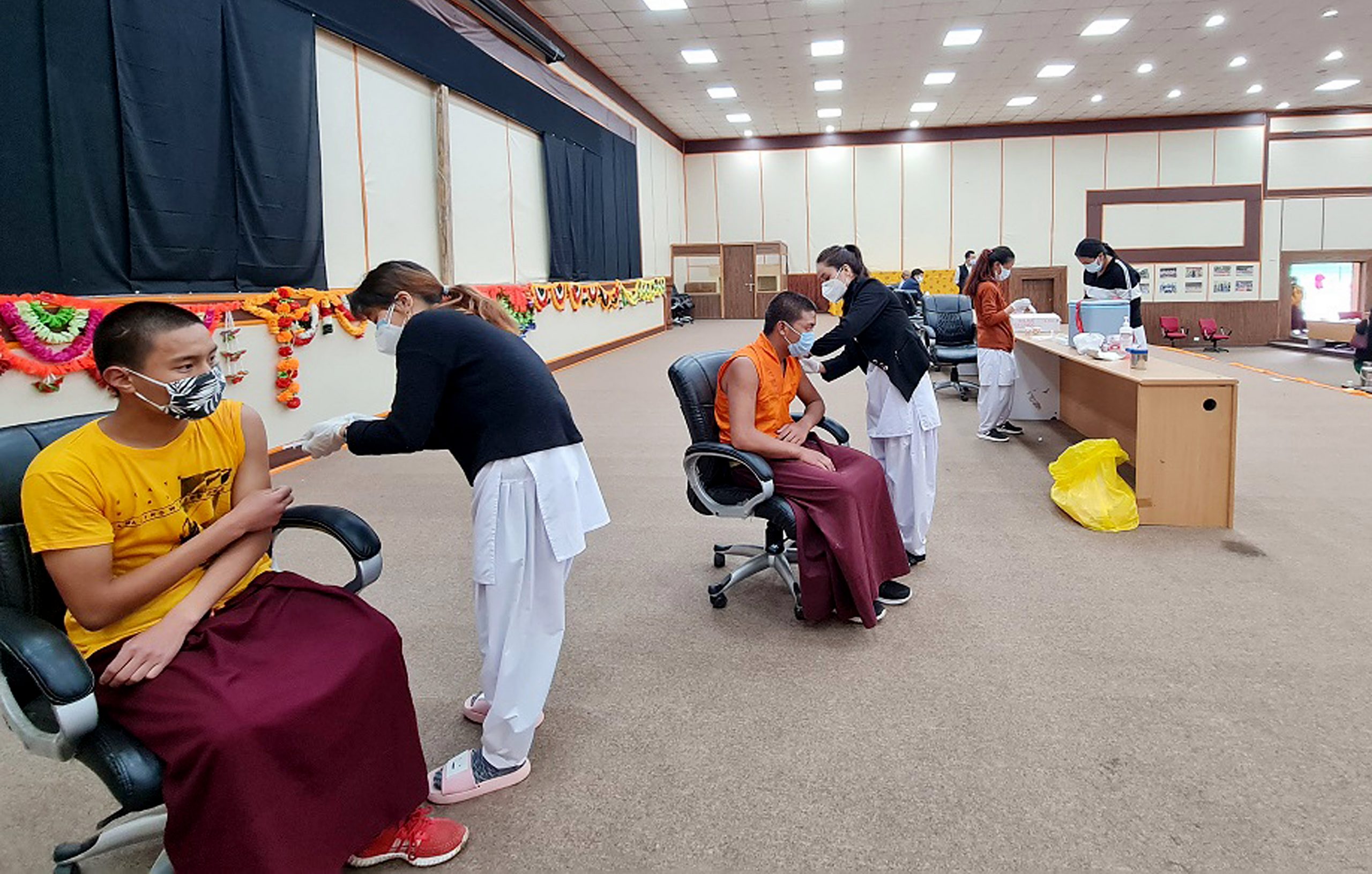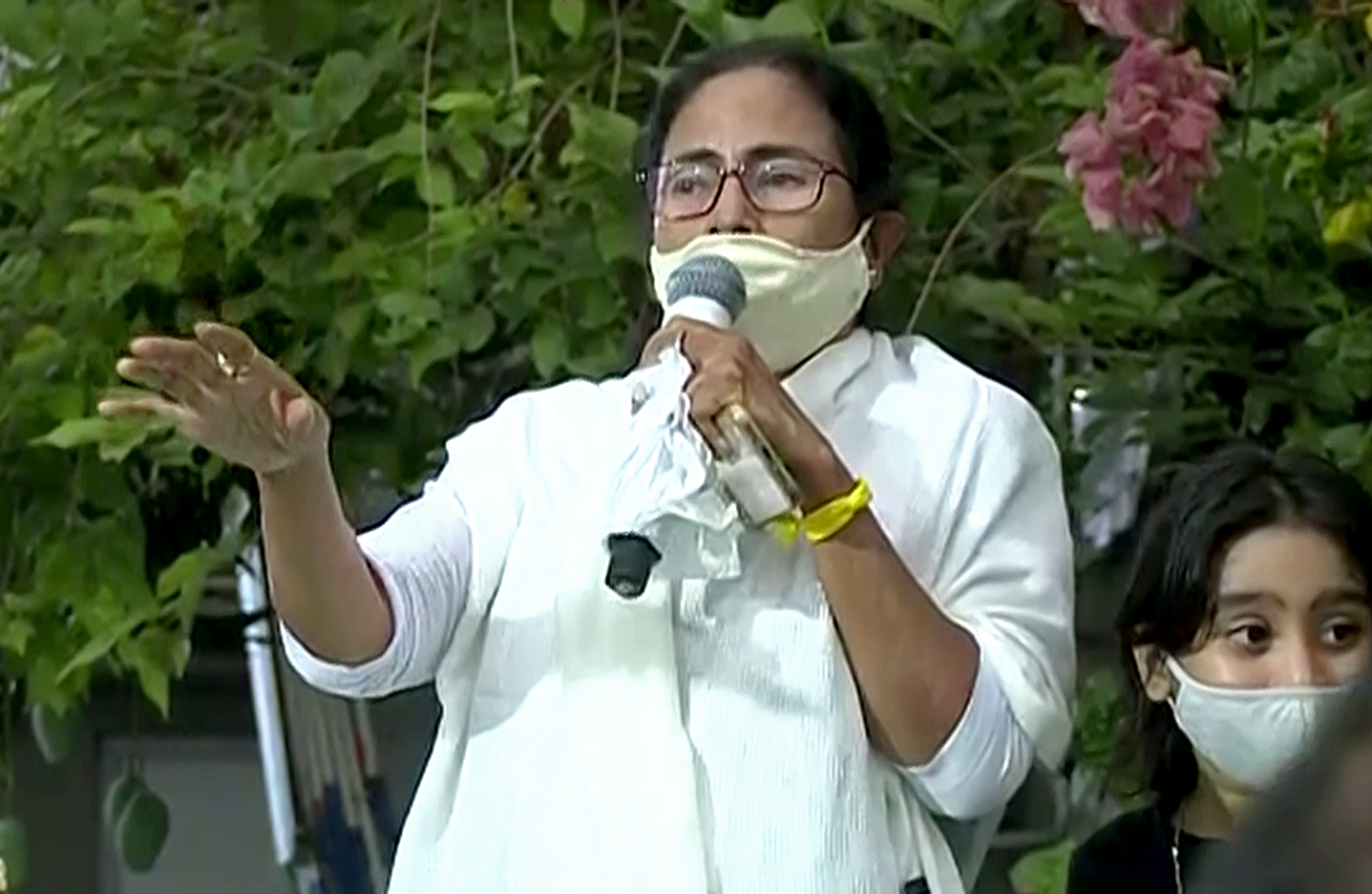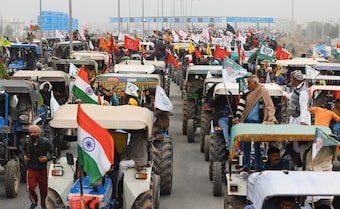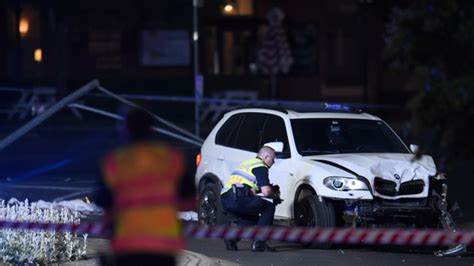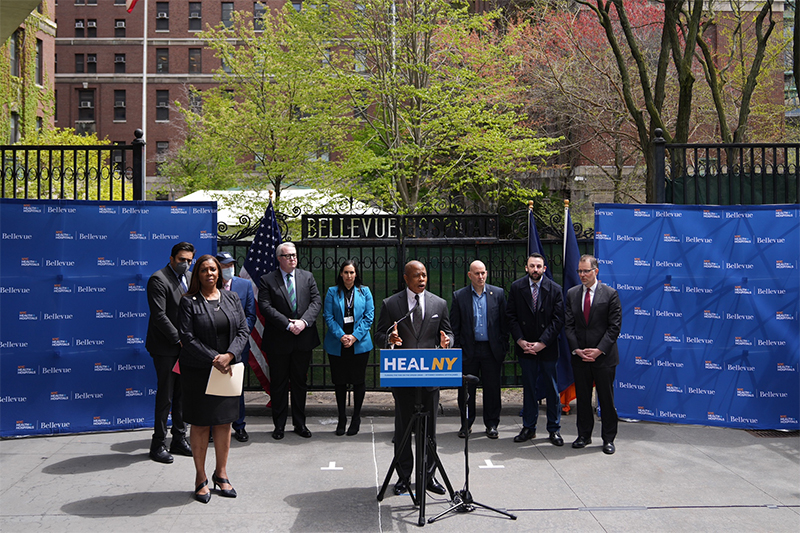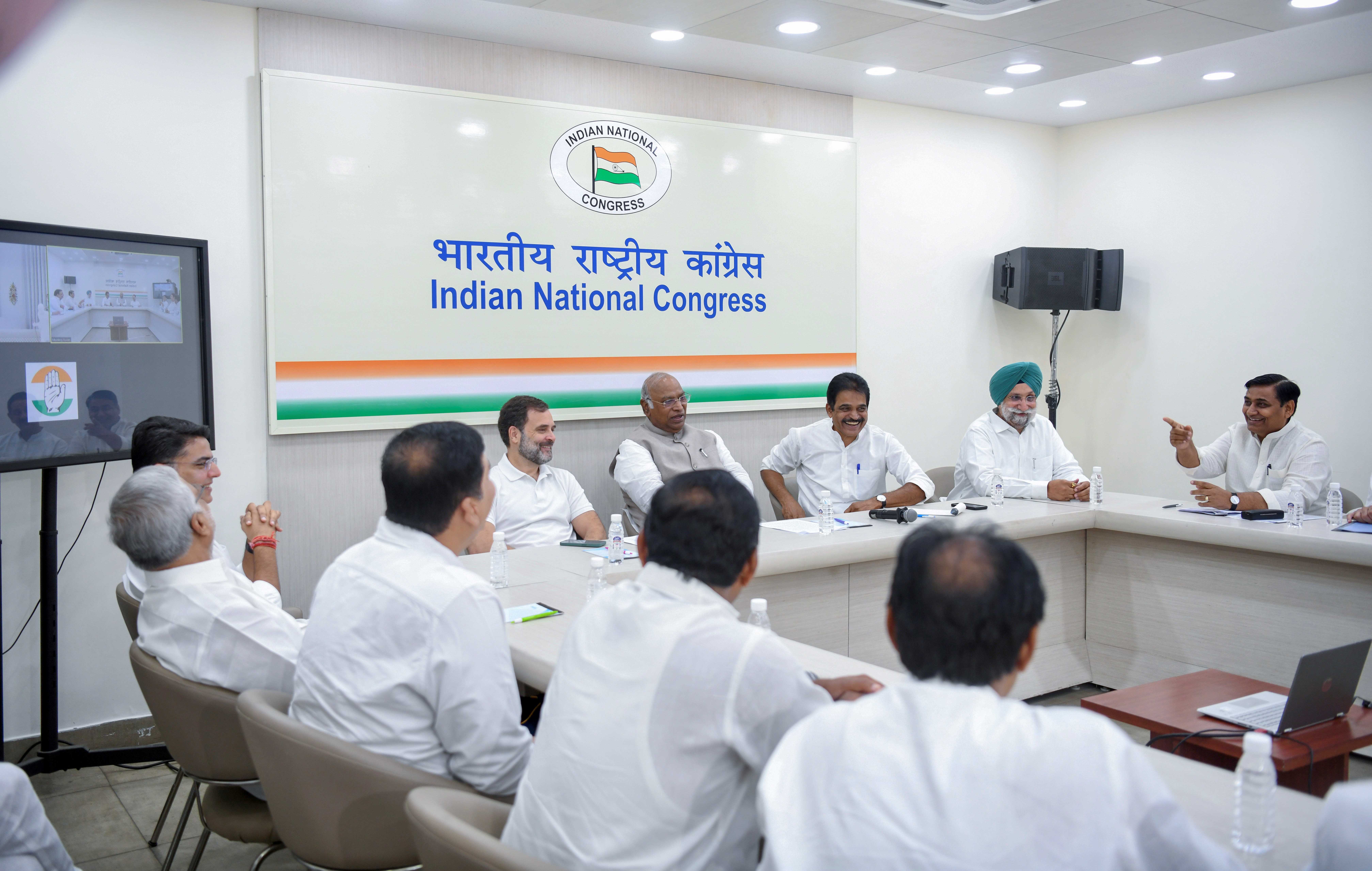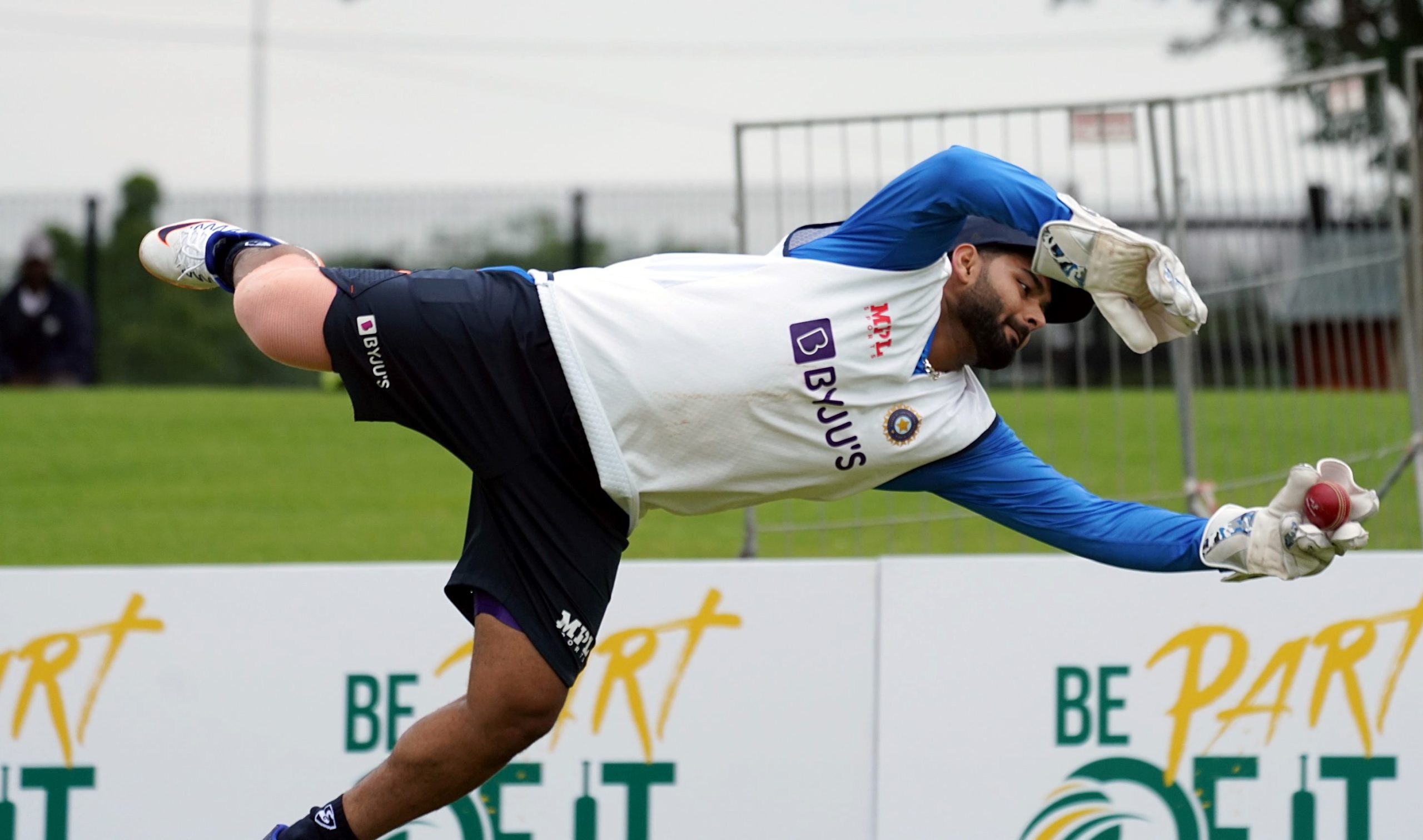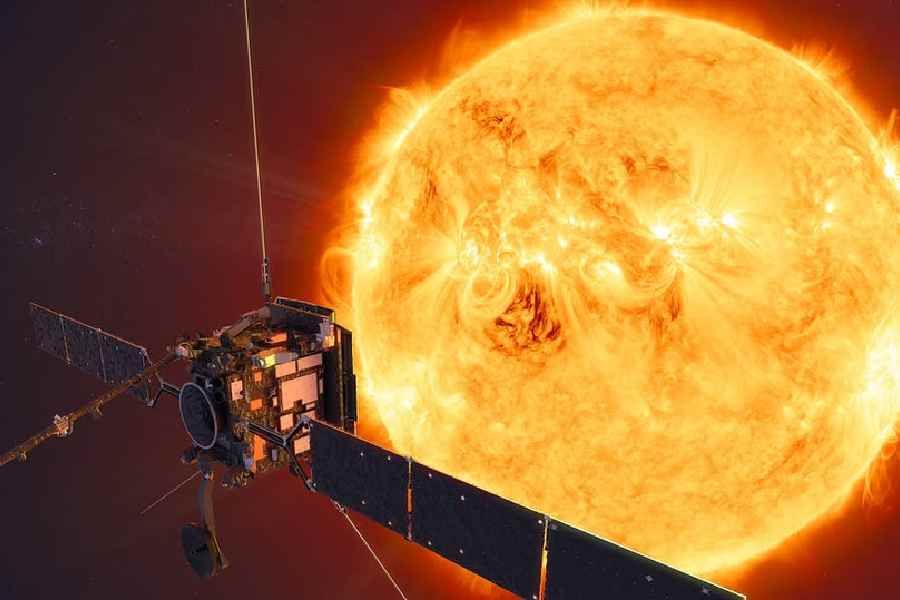Not much data on Delta plus variant to suggest it’s more infectious, causes more deaths, says AIIMS director but states taking action for protection
Our Bureau
New Delhi
The states and union territories of India are set to receive over 12 crore (120 million) COVID-19 vaccines in the month of July, the Union Ministry of Health and Family Welfare (MoHFW) informed on Wednesday. As of July 8 morning, over 2.19 crore doses have already been supplied to all states and UTs from the supply of July. “Based on the discussion with the manufacturers, the ministry had communicated to all States/ UTs that they will receive more than 12 crore doses of COVID vaccine in the month of July 2021,” the press release read.
The states are also being informed adequately in advance of the supply of COVID vaccines that are being sent to them. “Further, all states have also been requested to share likely indicative demand in case more doses of vaccine are required by them in view of increased coverage,” the ministry said.
Dismissing media reports alleging a decrease of 32 per cent in vaccination coverage in the first week of July as compared to the week preceding it, the ministry said they have clarified, much in advance, the doses that will be available for the states and UTs for the month of July, including the supply to private hospitals.
Meanwhile, even as the US giant drug maker Moderna’s COVID-19 messenger RNA (mRNA) vaccine is expected to reach India this week, discussions are still going on over indemnity waiver, informed sources. Earlier on June 29, Indian drug regulators granted permission to Cipla to import donated doses of Moderna from the US. These doses will be given to the central government and will be available in selected hospitals of the country, where vaccines can be stored easily. Moderna’s ready-to-use injectable COVID-19 vaccine is authorized pursuant to a registration certificate and permission to import the vaccine for restricted use in an emergency situation in India, to be administered to adults aged 18 years and older.
Moderna has also received emergency (or other conditional, interim or provisional) authorization for use of its COVID-19 vaccine from health agencies in more than 50 countries and an Emergency Use Listing (EUL) from the World Health Organization (WHO).
According to WHO, the Moderna vaccine has shown to have an efficacy of approximately 94.1 per cent in protecting against COVID-19, starting 14 days after the first dose. Dr VK Paul, NITI Aayog member health and Chair of the National Expert Group on Vaccine Administration (NEGVAC) for COVID-19, said that the Moderna vaccine will be administered in two doses.
“New drug permission has been granted to Moderna, the first internationally developed vaccine. This new drug permission is for restricted use. There are four vaccines now Covaxin, Covishield, SputnikV and Moderna. We will soon close the deal on Pfizer as well,” Dr Paul said.
“These four vaccines (Covaxin, Covishield, SputnikV and Moderna) are safe for lactating mothers. The vaccine has no association with infertility,” he added.
Also, the Indian drug regulator has urged Pfizer twice in writing to apply for emergency use authorization for its COVID-19 vaccine so that the application is processed well in time but Pfizer has not applied for the license yet, said sources on Tuesday. According to the sources, the government is continuously in touch with Pfizer, but no decision has been taken particularly over granting protection against legal liability.

Notably, in June, Pfizer CEO Albert Bourla had said that the company is in the final stages to get approval for the COVID-19 vaccine in India.
The new phase of universalization of COVID-19 vaccination commenced from June 21, 2021. The vaccination drive has been ramped up through availability of more vaccines, advance visibility of vaccine availability to states and UTs for enabling better planning by them, and streamlining the vaccine supply chain.
As part of the nationwide vaccination drive, Government of India has been supporting the states and UTs by providing them COVID vaccines free of cost. In the new phase of the universalisation of the COVID-19 vaccination drive, the Union Government will procure and supply (free of cost) 75 per cent of the vaccines being produced by the vaccine manufacturers in the country to states and UTs.
















